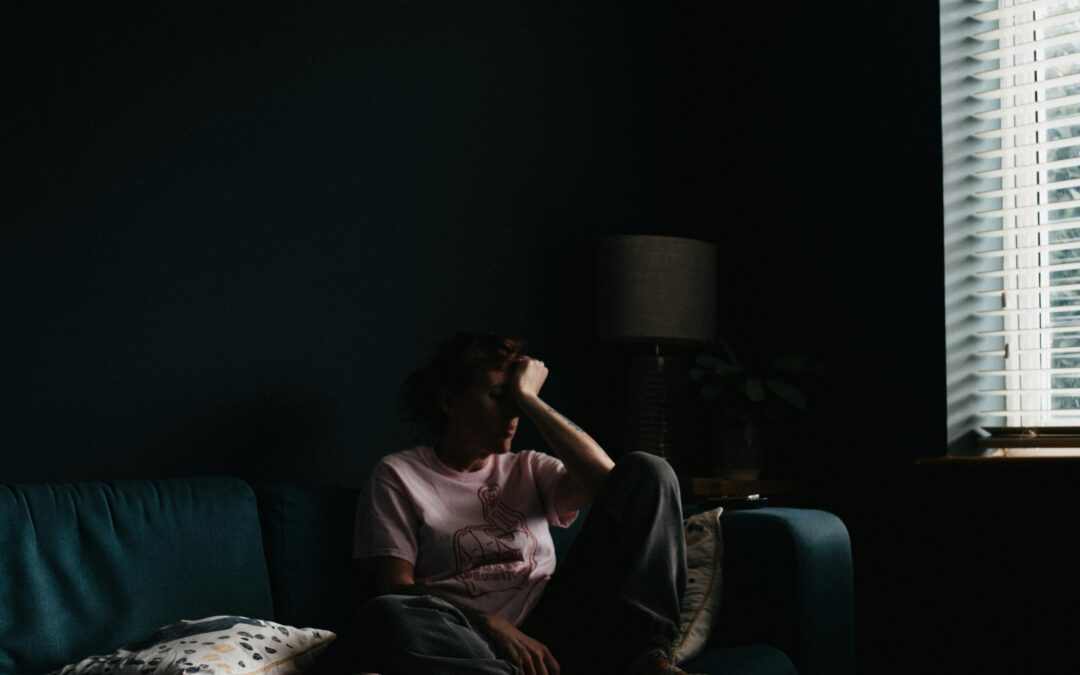The holiday season is a time of joy and togetherness for many, but it can also bring about or amplify feelings of depression. If your partner seems to be struggling, recognizing the signs early can be crucial to supporting them through a tough time. Depression isn’t always easy to spot, especially when someone is trying to keep up appearances for the sake of loved ones. Here are some key indicators to look out for:
1. Changes in Handling Stress: Does your partner seem more reactive than usual, snapping at small frustrations or withdrawing completely? Both heightened irritability and emotional shutdowns can be signs of depression.
2. Sleep Disturbances: Depression often affects sleep patterns. Your partner might start sleeping excessively (hypersomnia) or struggle with insomnia. Either of these changes can disrupt their energy levels and daily routine.
3. Altered Eating Habits: Overeating, especially late at night, or a noticeable lack of appetite can both be red flags. While holiday indulgences are common, pay attention to patterns that feel uncharacteristic or extreme.
4. A Somber Countenance: Sometimes the most noticeable sign is the simplest one. If your partner appears persistently down or is unable to find joy in activities they once loved, this could be a sign that they’re struggling with depression.
5. Increased Reactivity: If you’ve noticed your partner becoming more harsh or reactive, particularly with your children, this could be another sign of internal struggles. Depression often makes it harder to regulate emotions.
6. Overspending: While the holidays can tempt us all to overspend, excessive or impulsive purchases might be a way your partner is trying to cope with feelings of emptiness or overwhelm.
It’s important to note that everyone experiences stress differently, and not all these signs point definitively to depression. However, if you’re seeing several of these indicators, it might be time to have a compassionate conversation about their well-being.
Depression is complex, but there are tools and resources to help. Neurofeedback, for instance, can be a powerful support in managing depression by promoting healthier brain function. For more on this, check out our article, Escaping a Depressive Episode with Your Partner.
Finally, it can help to read personal stories to better understand what your partner might be experiencing. This blog post from Jenny Lawson offers a raw and relatable perspective on living with depression: This is What Depression Looks Like.
The most important thing is to approach your partner with empathy and a willingness to listen. Stay tuned for our next post, where we’ll share practical tips on how to support a partner who is experiencing depression.
Photo by Annie Spratt on Unsplash


